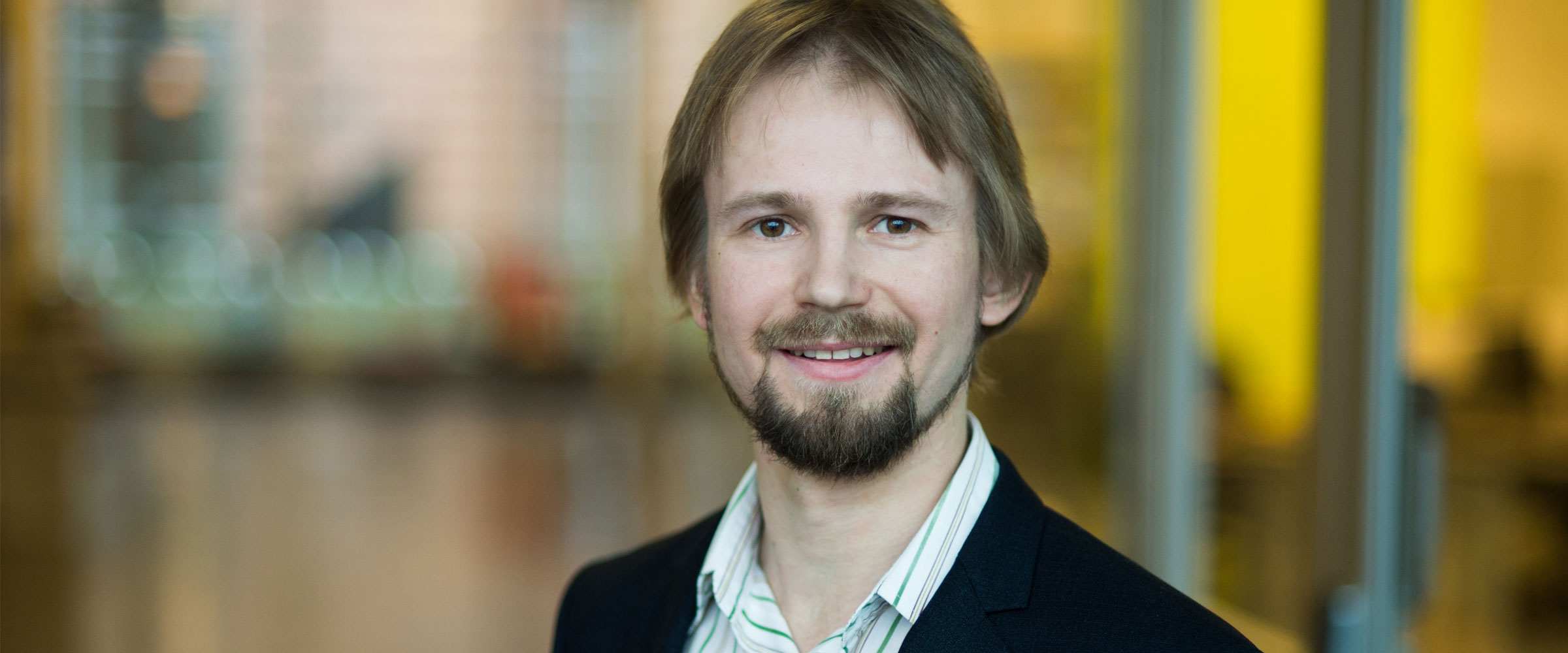Pavel Metrikov
PhD Student

Education
- PhD in Computer Science, Northeastern University
- MS in Applied Mathematics and Physics, Moscow Institute of Physics and Technology
- BS in Applied Mathematics and Physics, Moscow Institute of Physics and Technology
About Metrikov
- Hometown: Moscow
- Field of Study: Machine Learning/Information Retrieval
- PhD Advisor: Javed Aslam
What are the specifics of your graduate education (thus far)?
I'm doing research in the Machine Learning/Information Retrieval lab led by Prof. Javed Aslam where everyone enjoys a friendly and supportive environment, fruitful discussions and collaborations with lab mates, and the freedom to pick our own research directions. Recently, I successfully defended and deposited my Ph.D. dissertation. Currently, I'm involved in several research projects conducted in our lab.
What are your research interests?
My broad research interests include machine learning, information retrieval, statistical data analysis, sponsored search, geo-informatics, computer simulation. In my Ph.D. dissertation I studied the problem of unreliable data that is used to train and evaluate search engines and how one might want to deal with it in order to achieve better performance.
I aim to master methods of modern machine learning and statistical data analysis. In Prof. Aslam's lab we naturally apply them within the field of information retrieval (IR) which lays the scientific foundation for search engines.
What’s one problem you’d like to solve with your research/work?
Develop a set of machine learning methods, robust to noisy and subjective input.
What aspect of what you do is most interesting?
The methods we devise not only have immediate application to improving search engines, but also could be applicable to a much broader class of important problems, including computer vision, recommender systems, and systems facilitating medical diagnosis.
What are your research or career goals, going forward?
My current research goal is to continue conducting research in machine learning with more emphasis on large-scale industrial applications.
Where did you grow up or spend your most defining years?
I was born and grew up in Moscow, Russia's capital and a world-class cultural, scientific and educational hub. Natural interests towards mathematics and sciences, together with a delightful experience of participating in numerous in-school and extracurricular activities (competitions, conferences and workshops for middle school and high school students) led me to apply to the Moscow Institute of Physics and Technology (MIPT), a top Russian university sometimes referred to as "the Russian MIT".
Where did you study for your undergraduate degree?
During my time as a student at MIPT, I built up a broad and deep theoretical background in various chapters of physics, mathematics and computer science which provided a solid basis for further research activity.
I started doing research at the Institute for Information Transmission Problems, Russian Academy of Sciences (IITP RAS) under guidance of Dr. Valeri Gitis. Our research group was involved in various interdisciplinary projects and dealt with the problems of spatiotemporal analysis and forecasting along with development of the powerful tools, analytical Geographic Information Systems (GIS). I took part in projects related to seismology and geophysics. Another project related with forecasting and preventing unfavorable development of the urban ecology led to my master thesis "Modeling Water Surface-Flow and the Spread of Contaminants".
Recent Publications
-
Relevance Assessment (Un-)Reliability in Information Retrieval: Minimizing Negative Impact
Citation: P. Metrikov, "Relevance Assessment (Un-)Reliability in Information Retrieval: Minimizing Negative Impact", Ph.D. Dissertation (2016) -
Aggregation of Crowdsourced Ordinal Assessments and Integration with Learning to Rank: A Latent Trait Model
Citation: P. Metrikov, V. Pavlu, J. A. Aslam. "Aggregation of Crowdsourced Ordinal Assessments and Integration with Learning to Rank: A Latent Trait Model". Proceedings of the 24th ACM Conference on Information and Knowledge Management, Melbourne, Australia (2015). DOI: 10.1145/2806416.2806492 -
Whole Page Optimization: How Page Elements Interact with the Position Auction
Citation: P. Metrikov, F. Diaz, S. Lahaie, J. Rao, "Whole Page Optimization: How Page Elements Interact with the Position Auction", Proceedings of the 15th ACM Conference on Economics and Computation, Palo Alto, USA (2014)